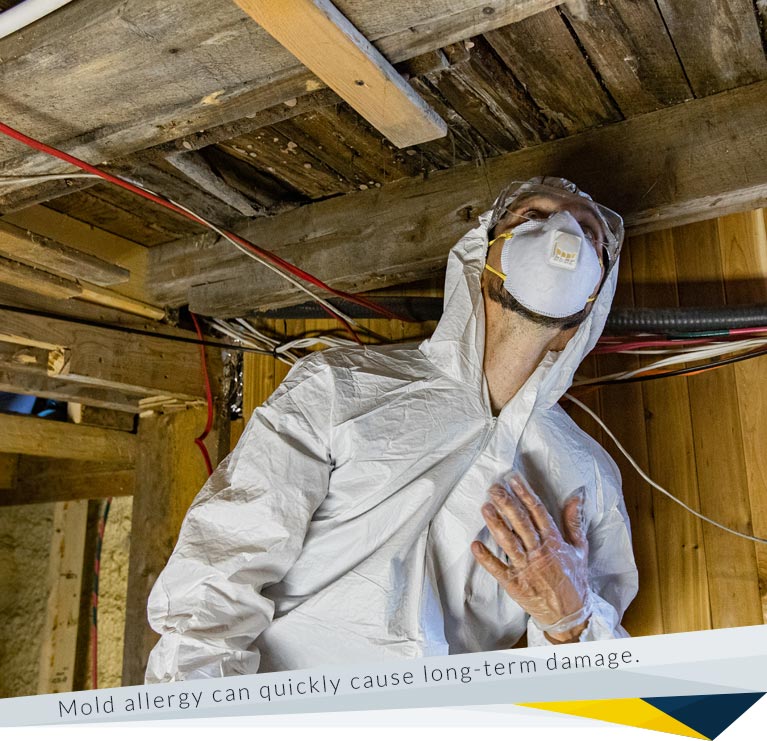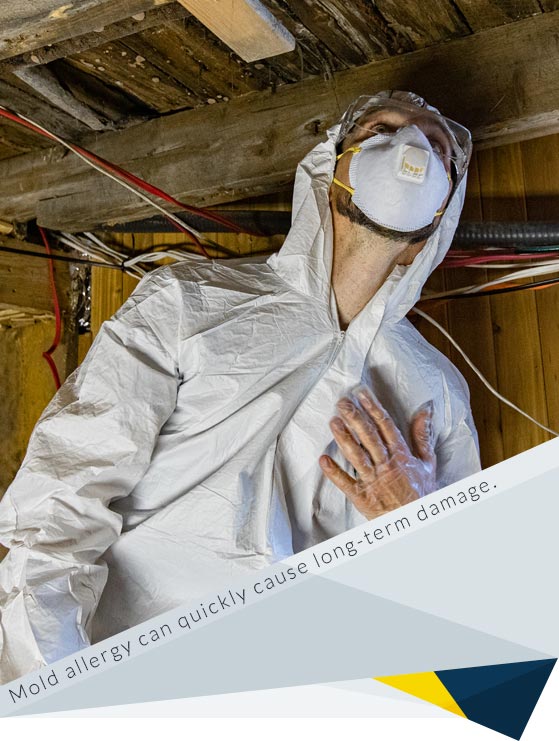
There's bad news and good news about mold allergy. The bad news is that as long as we are living on this earth, we are subject to mold exposure, both outdoors and indoors. Mold exposure could be enough to cause you to develop a mold allergy.
The good news is that there's a lot you can do personally to alleviate your mold allergy symptoms at home before going to the doctor to have him treat mold allergy.
Here at FDP Mold Remediation, we've had over 17 years of inspecting, testing, and remediation experience. We restore homes from water and mold damage. We know firsthand after seeing thousands of cases where a family's health conditions were caused by mold exposure at high levels and mold allergy. We know that you need a solution and the sooner you get one, the better your quality of life.
Two decades ago, very few people believed mold can affect your health. But now things are different. Even the Centers for Disease Control and Prevention indicates that mold exposure, especially mold allergy, can cause health problems. Some of them unfortunately may be severe reactions from the mold allergy. Those with other allergies, lung disease, and weak immune systems are most susceptible to reactions from a mold allergy.
Mold allergy can be caused by mold spores found in outdoor and indoor air. It's the indoor environment, however, that you should be most concerned about. This is where you spend most of your time, where you sleep for a good portion of your day, make your meals, and take care of your personal responsibilities such as raising a family.
Whenever mold is growing in any of these situations, it becomes a health problem when the spore counts are high, the situation goes on for days or weeks, and the residents of the home have had previous mold exposure or any of the health disorders mentioned above.




A person's mold allergy symptoms depend on his immunity and ability to be triggered to react. Once the spores are breathed in or enter the body through an open wound or body orifice, they cause inflammation. This reaction then causes the production of an immunoglobulin protein called IgE, whose sole function is to activate the immune cells. Once these cells are activated, the symptoms start.
It's not uncommon for our mold specialists at FDP Mold Remediation to hear stories from clients on how some family members have made frequent trips to the emergency room. They reported times they could not breathe or were exceptionally dizzy, confused, or had lung infections.
The Toxicology and Industrial Health journal reported in 2009 that human exposure to mold, mycotoxins, and water-damaged buildings can mimic or be similar to neurological disorders such as:
They reported, "it is clear that mycotoxins can affect sensitive individuals and possibly accelerate underlying neurologic/pathologic processes."
If left untreated, mold allergy can lead to hyperimmune pneumonitis, which is a pneumonia type of disorder, a risk of eye, nose and throat as well as bronchial symptoms, and the development and worsening of asthma
In one study of 50 cases of mold-induced toxic effects, one patient had mold-induced psychosis that the doctor called toxic agoraphobia, which is the extreme fear of leaving the home. A UK 2021 report in the Journal of Asthma and Allergy reported that Aspergillus fumigatus fungal spores as well as others can cause lung damage, fibrosis, asthma, and even collapse of the lungs.
If you are already affected by mold and having mold allergy symptoms, the first thing to do is to call a doctor. It's important to get an appointment to treat mold allergy and then follow up on the next visits.
The second important thing is to get our professional mold remediation services. FDP Mold Remediation specialists access the containment area, remove the mold issue carefully so that it does not spread in the rest of the home. Once your home is cleaned thoroughly by our licensed professionals, the triggers for mold allergy symptoms will be gone and you will be left with a safe environment. This makes it easier to treat mold allergy for your doctor.
It's the IgE, IgG, or IgM antibodies as well as immune complexes and cellular responses that trigger mold allergies inside the body. This means your immune system is reacting to mold spores and the reactions may cause tissue damage, resulting in illness. If you have mold allergy, walking into a room that is affected by mold can be enough to trigger mold allergy symptoms.
The key action to prevent allergy is to prevent mold exposure in your home and prevent mold from growing. Avoiding any of the above-mentioned triggers will also prevent mold allergy. Here's a list of four important steps to take care of most molds yourself:
When mold allergy symptoms start showing up in your family members, it's time to take action. First start by finding a doctor who specializes in environmental illness or just visit any allergist who can treat mold allergy.
You don't have to wait until mold allergy symptoms start to inspect your house. Do it regularly by checking for water damage every week. Do you find a soggy carpet, a wall in the bathroom next to the top that isn't as hard as a wall should be, or a mysterious watermark on the floor in a room?
If so, schedule a professional inspection of your home to detect the source of the mold. FDP Mold Remediation can take you from start to finish of a successful mold remediation process. We will take professional action to ensure your house is safe. If you're experienced a mold allergy symptoms, it's time to call for a professional mold removal services in Brooklyn to get rid of mold.
so if you have mold in your place, feel free to call us anytime!



